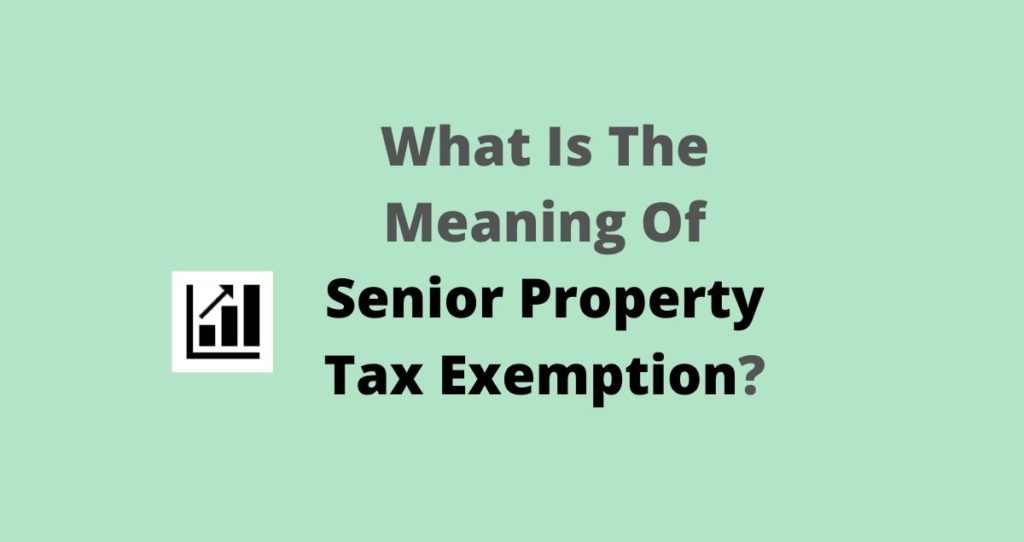What is mortgage insurance?
Mortgage insurance is insurance paid by borrowers to protect their lenders, according to the Consumer Financial Protection Bureau (CFPB). This insurance is usually needed for borrowers who want mortgages that they do not qualify for. For example, conventional mortgages require a 20% down payment. If your downpayment is lower than the standard percentage, your lender will ask you to purchase the mortgage insurance.
Borrowers who cannot afford a 20% down payment will most likely default on their mortgages. This is why lenders require protection before they lend money to these borrowers.
>>MORE: Conventional Mortgage Definition
How does the mortgage insurance works?
When you apply for a mortgage, your lender will check your creditworthiness. Some of the many factors that will impact your mortgage approval include but limited to:
- Your credit history
- Your credit score
- Current loans and mortgages you have
- Your current financial situations (job stability)
- Etc.
You can also work with a mortgage broker and a real estate agent when deciding on a mortgage that fits your financial needs. The lender will tell you how much you are qualified for, the interest rate you will be paying, and associated costs.
For a conventional mortgage, you would expect to pay a 20% down payment without mortgage insurance and the interest rate can be calculated based on your credit score and other factors.
What if you cannot afford a 20% down payment? You can still qualify for a mortgage. However, the lender will need protection in case you default on your mortgage. In other words, you will be required to purchase mortgage insurance from a third party and it will be added to your monthly payments.
Those who get USDA and FHA loans where the down payment can be as little as 3.5% are automatically required to purchase the mortgage insurance.
>>MORE: How Does A Credit Score Affect A Mortgage Rate?
Why is the mortgage insurance important?

The mortgage insurance will only protect the lender against major losses if you fail to make your payments. Without this protection, borrowers with bad credit would not get mortgages, and if they do, the risk would be passed on to the lenders. This would not be good for businesses.
At the same time, insurance gives many borrowers a chance to buy houses. Not everyone can afford a 20% down payment.
Disadvantages of mortgage insurances
Only borrowers lose money on mortgage insurances. Having insurance means that you will be paying more money every month. This could turn into hardship and financial disasters for those without adequate jobs to cover their payments.
Before you get a mortgage with insurance on it, make sure that you will be able to afford it. Otherwise, you will end up in a lot of financial trouble. You can also work hard and give yourself enough time to save for your down payment. Furthermore, if you are having mortgage insurance, make sure that you buy a house you can afford without breaking the bank.
How much is the mortgage insurance?
Mortgage insurances vary from one provider to another. As noted by the Morgage reports, the average mortgage insurance is between 0.5% and 1.5% of the mortgage amount per year. Some of the factors that will affect the mortgage insurances will include but not limited to:
- The amount being borrowed
- Your down payment
- The borrower’s credit score
- Borrower’s credit history
- Current financial situations and job security









